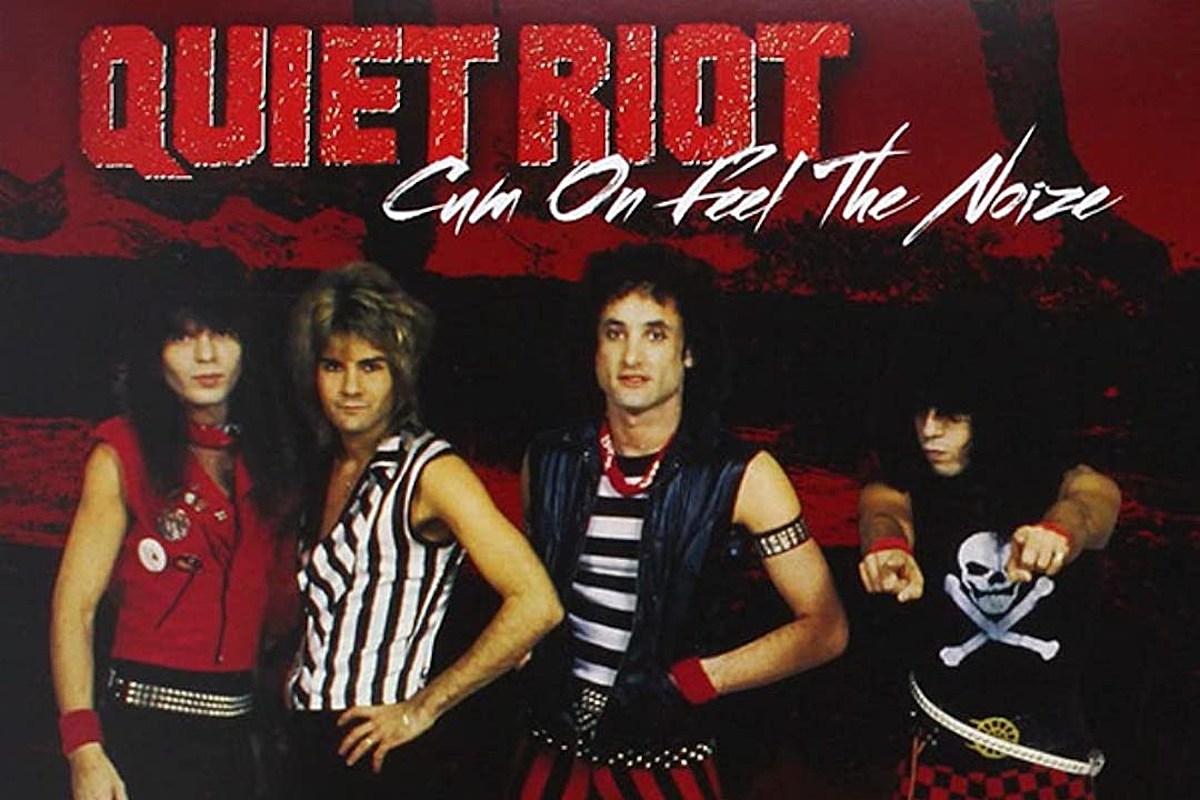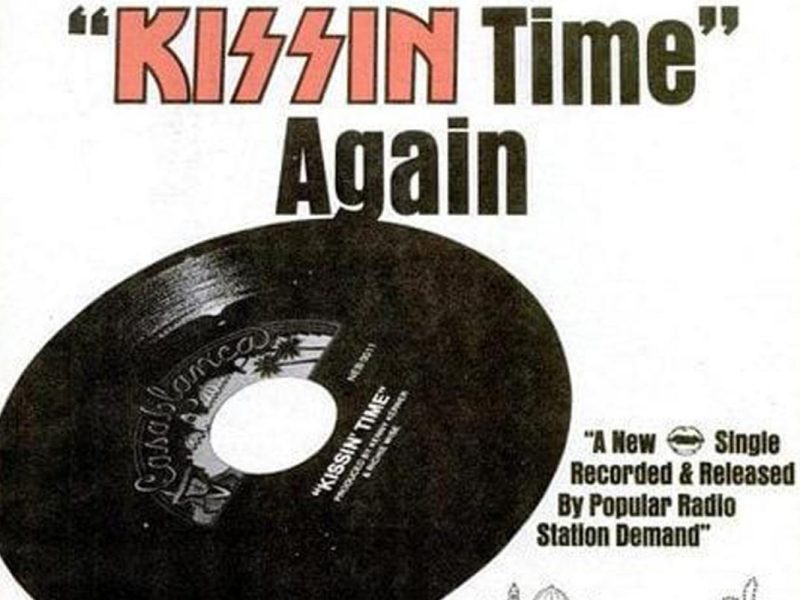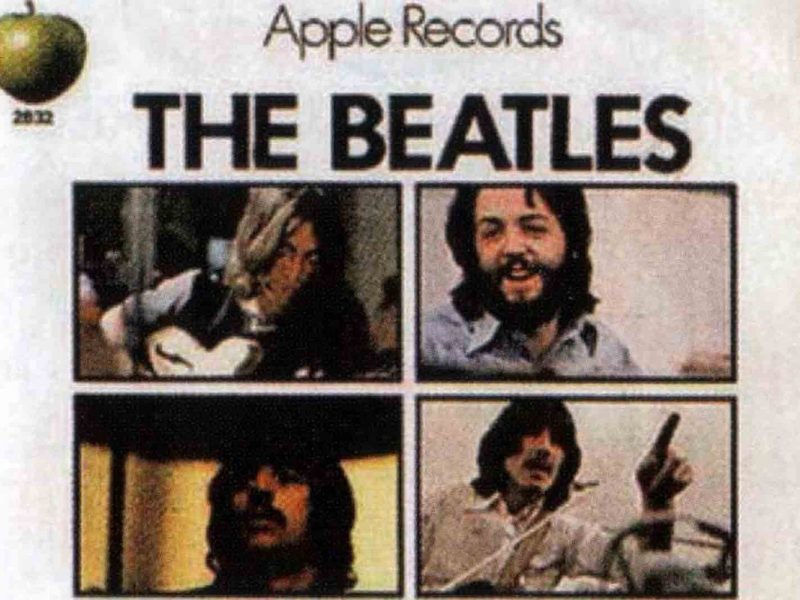Quiet Riot nearly sabotaged their shot at stardom when they entered the studio to record a career-defining cover of Slade’s “Cum on Feel the Noize.”
Founded in 1973 by future Ozzy Osbourne guitarist Randy Rhoads, Quiet Riot built a steady following in their native Los Angeles over the next several years but failed to attract any major-label attention. Two self-titled albums, released exclusively in Japan in 1978, failed to raise their profile.
Fed up with their lack of progress, Rhoads joined Osbourne’s band the next year, followed shortly by Quiet Riot bassist Rudy Sarzo. Hobbled by the loss, Quiet Riot called it quits in 1980.
Kevin DuBrow continued working the L.A. club circuit with an eponymous group, playing the same patently unhip hard rock that failed to ignite Quiet Riot’s career. The band DuBrow seemed doomed to a similar fate — until their singer was visited by an angel in the form of producer Spencer Proffer.
Proffer had gotten his start working under Clive Davis at CBS Records, later moving to United Artists Records and ultimately founding Pasha Records in 1978. Pasha owned studios and had distribution through CBS, but Proffer’s former employers wouldn’t give him the time of day. Still, he had a million-dollar idea that he knew would get CBS’s attention, if only he could find the right band for it.
“I was driving around L.A. working on an Eddie Money single as a day job, trying to make a few bucks, and I heard the 1973 Slade version of ‘Cum on Feel the Noize’ on the radio, on a pop station,” Proffer recalled in Tom Beaujour and Richard Bienstock’s 2021 book Nothin’ but a Good Time. The British glam rockers’ song had topped the charts in their native U.K., but Slade never found the same foothold in the States.
Still, Proffer knew “Cum on Feel the Noize” had potential across the Atlantic as well. “This was anthem participatory rock,” he said. “It invited people to participate: ‘Come on feel the noise, girls rock your boys.’ And I said, ‘Holy shit. If I could find a band to sing this song …’ Then I might be able to get CBS, who I had a deal with, to pay attention to me – because they didn’t. They thought I was nuts.”
Watch Quiet Riot’s ‘Cum on Feel the Noize’ Video
Proffer made some calls to find an artist who would be game for his idea and was eventually pointed in DuBrow’s direction. He met DuBrow at the Country Club in Reseda, Calif., and made him a proposition.
“I said, ‘I’ll tell you what — I’ll give you studio time,” Proffer said. “If you do a song that I think could be a hit, I’ll do three of yours. I’ll pay for it; I’ll record it. I just made a label deal with CBS, I think I can put it through the system. Would you do this?’ Well, little did I know they had been passed on by everybody in the business. They went up and down the Strip, they played the Troubadour, they played the Roxy. Everybody passed on them. But Kevin said OK, so I made a deal with them.”
DuBrow and drummer Frankie Banali recruited guitarist Carlos Cavazo and re-enlisted Sarzo, who had lost his joy of performing and quit Osbourne’s band after Rhoads’ death in March 1982. Not everybody was thrilled about recording a cover, even on Pasha’s dime.
“Spencer wanted us to do ‘Cum on Feel the Noize,’ and I never had a problem with that,” Banali recalled in Nothin’ but a Good Time. “It really didn’t make any difference to me. However, Kevin was livid at the idea. He saw himself as the consummate songwriter. He didn’t need to do outside material.”
The band members allegedly came up with a plan to sabotage the recording, neglecting to practice the song so that when it came time to hit the studio, their performance would be so disastrous that Proffer would give up and tell them to move on to their originals. But Quiet Riot underestimated their aptitude for anthem participatory rock.
“We went in, there was no intro, no nothing at all,” Banali told Songfacts in 2017. “There was a little bit of arguing as to how it was going to start. Finally, when I knew the engineer was rolling tape, I just started playing what became the intro. Rudy joined in, and then Carlos joined in. Kevin was sitting at the corner of the studio, just giggling, waiting for this massive train wreck, and the train wreck never happened.”
Watch Quiet Riot Perform ‘Cum on Feel the Noize’ in Concert
Despite themselves, Quiet Riot had captured a killer take. “And then when we were done, the producer says, ‘That sounded great. I wish we had recorded it,'” Banali recalled. “And the engineer said, ‘Come on in.’ He went in to listen, and Kevin grabbed me by the arm and almost dislocated my shoulder. He says, ‘What the hell was that?’ And I said, ‘I don’t know, man. I just started playing it!’ He says, ‘Well, what am I supposed to do now?’ And I said, ‘Well, you can always sing it shitty, can’t you?'”
DuBrow instead turned in a rousing performance that sounded similar to Slade’s Noddy Holder. CBS reluctantly agreed to let Proffer finish making the record that would become Metal Health, under one condition: Stop calling the band DuBrow. Unable to come up with a decent alternative, they reverted to Quiet Riot. Released as a single in July 1983 and assisted by a splashy video that became an MTV smash, “Cum on Feel the Noize” raced to No. 5 on the Billboard Hot 100 and propelled Metal Health to No. 1 that November, eight months after its release. It became the first metal album to top the chart, unseating the Police’s Synchronicity, and went on to sell 6 million copies in the U.S., igniting the glam-metal craze that dominated the music industry for the rest of the decade.
“Quiet Riot didn’t just break through,” Twisted Sister frontman Dee Snider said in Nothin’ but a Good Time. “They didn’t just put a hole in the wall. They knocked the fucking wall down.”
Slade, meanwhile, responded diplomatically to the newfound success of “Cum on Feel the Noize,” even if members of Quiet Riot suspected they were bitter. “We’re happy Quiet Riot had such a big hit with the song,” Holder told The Fort Worth Star-Telegram in 1984. “We were always convinced that if the material was good, it would stand the test of time.”
Quiet Riot agreed, as they recorded another Slade cover, “Mama Weer All Crazee Now,” for their Metal Health follow-up, the underperforming Condition Critical.
Bands With No Original Members



